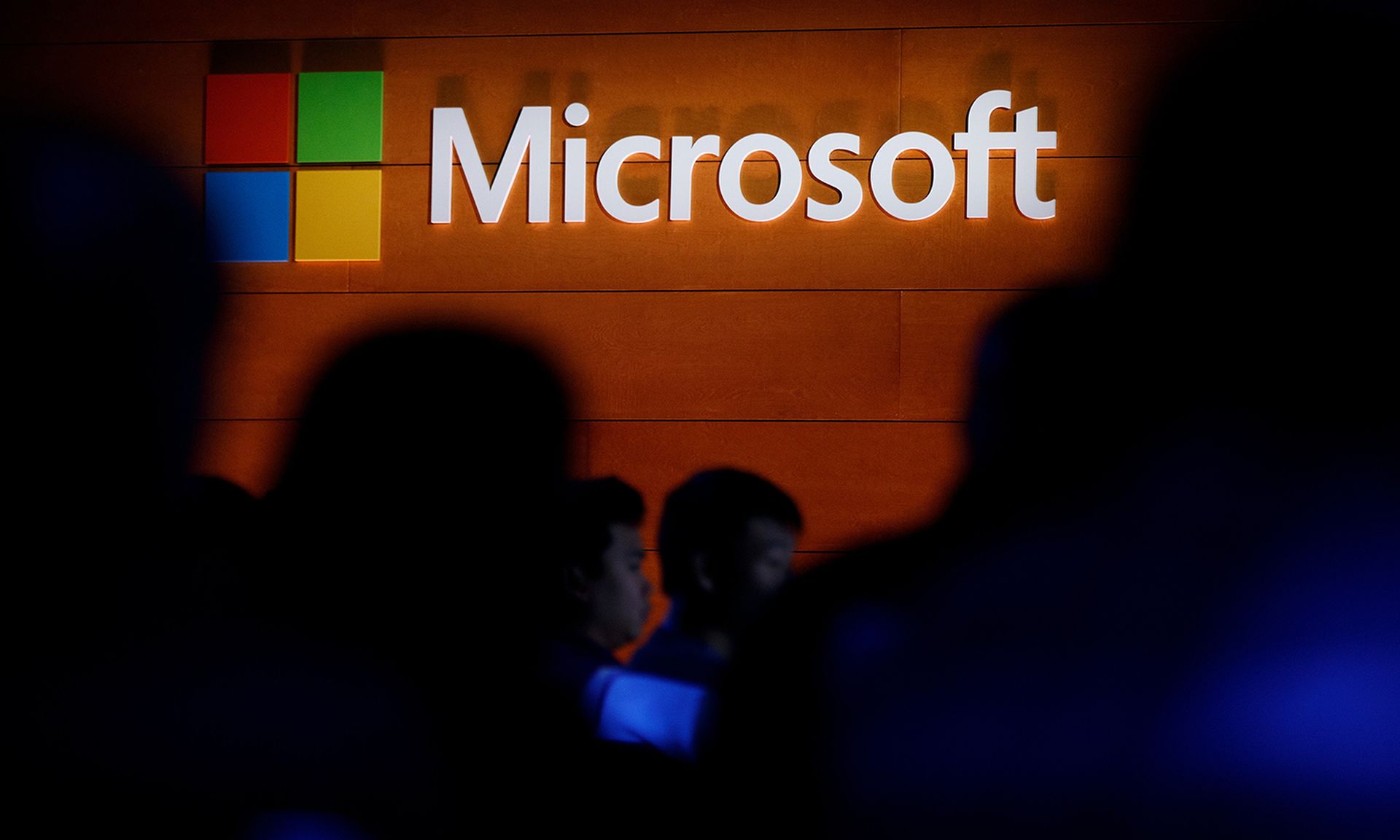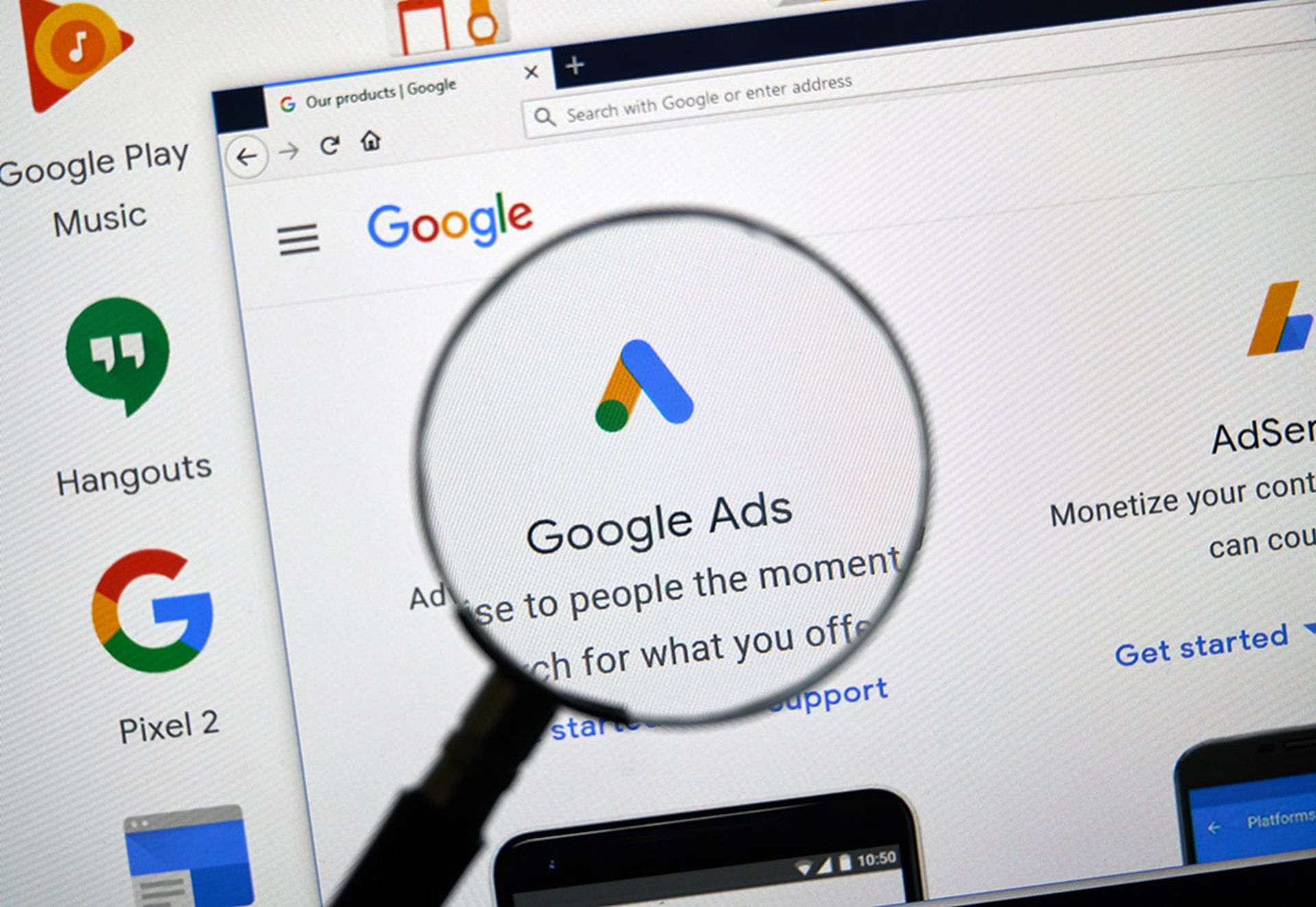
Microsoft announced that it’s expanding the general availability of Azure OpenAI, which allows more businesses to apply for access to AI models such as GPT-3.5, Codex and DALL•E 2.
In a Jan. 16 blog post, Eric Boyd, corporate vice president for AI platforms, said Azure OpenAI Service customers will also be able to access ChatGPT soon.
The Redmond, Washington-based software giant has partnered with OpenAI since 2019 and the service was billed by Boyd as “AI-optimized infrastructure … to create cutting-edge applications.”
Azure OpenAI customers have been able to tap into generative AI models since November 2021 to free up time for employees to focus on other critical tasks. One example Boyd gave was how online car retailer Carmax has used the service to streamline the creation of text summaries for its car research pages, which the retailer says also boosts its pages’ search engine rankings.
Noted in the post was the fact that Microsoft uses the same production service for its own products, including GitHub Copilot, which helps developers write better code; Power BI, which uses GPT-3-powered natural language to automatically generate formulae and expressions; and Microsoft Designer to help creators use natural language prompts.
“Azure is currently the only global public cloud that offers AI supercomputers with massive scale-up and scale-out capabilities,” Boyd wrote.
Boyd also acknowledged that any innovation in AI must be conducted responsibly, adding that Microsoft is working with OpenAI and their customers to assess use cases and address potential risks.
From a cybersecurity perspective, Keeper Security's Patrick Tiquet mentioned how cybersecurity developers and threat actors alike are using AI tools such as ChatGPT to find vulnerabilities in code, with instances of bad actors creating malware with AI.
“With its latest expansion of Azure OpenAI Service, Microsoft must stay true to its promise to monitor how companies are using these products to ensure no malicious intent or application,” said Tiquet, who is vice president of security and architecture at Keeper Security. “It is also imperative that more research be done on how AI/ML can be utilized positively to protect against cyber threats.”
For Claude Mandy, the ability for cybersecurity professionals to accelerate time-consuming activities countered concerns about the potential abuse of advanced AI models like ChatGPT, but the chief evangelist for data security at Symmetry Systems expressed similar concerns as Tiquet when it comes to ethics and privacy without appropriate constraints and restrictions on its usage.
“From a privacy perspective, the ‘training’ data may include sensitive personal information that could be inadvertently exposed through interaction with the service,” Mandy said. “Ensuring privacy by design through use of privacy preserving technology and restricting access by the OpenAI Service is possible to reduce the risk, but like other cloud services will be up to organizations adopting the OpenAI Service to manage.”



